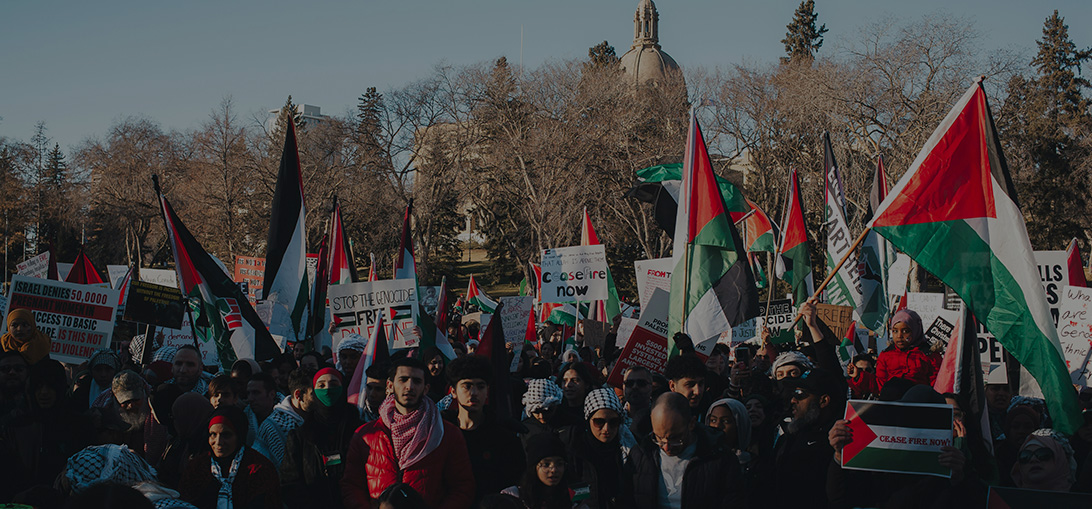Evacuations from High-Risk Locations Call +44 (0)1202 308810 or Contact Us →
Nakba Day 2024

Anticipated Disruption Across North Africa, Europe and North America
Intelligence cut off time 10:00 GMT 14th of May 2024
This Wednesday, May 15, commemorates the 76th anniversary of the Nakba, an Arabic term meaning “catastrophe.” It signifies the expulsion and forced displacement of around 750,000 Palestinian Arabs during the 1947-1949 Palestine War, following the adoption of the UN’s Partition Plan for Palestine, which ended British mandate rule over the territory. This event is profoundly significant historically, marking the onset of the Palestinian diaspora and a pivotal moment in the formation of Palestinian national identity, which persists nearly a century later.
This year, the significance of the commemoration will be amplified due to the ongoing war in the Gaza Strip. The conflict has reached a critical juncture, especially with the recent deployment of Israeli troops into Rafah on May 6th. The conflict, which followed a surprise attack launched by the Gaza Strip-based Hamas terror group on 7 October, and resulted in the killing of approximately 1,200 Israelis, mostly civilians, has entered its seventh month. During this time, over 35,000 Palestinians, mostly civilians, have lost their lives, and nearly two million have been displaced internally. Gaza is grappling with severe famine, a near-total collapse of infrastructure, and extensive destruction of local housing.
A Summary of Possible Risks and Hotspots
This year’s Nakba Day is expected to spark extensive protests and disruptions, especially in North Africa, Europe, and North America. While some events may be sanctioned by authorities or even state-sponsored, there’s a significant risk of clashes with security forces. In regions with substantial pro-Israel support, tensions may escalate between pro-Palestine demonstrators and counter-protesters, potentially leading to property damage targeting individuals associated with either side.
Potential for university disruption
Universities are expected to be significant focal points for civil unrest. Across the globe, student occupations and protests authority have occurred in various academic institutions, notably in France, the United States, and the Netherlands. In Tel Aviv, authorities recently prohibited a planned Nakba commemoration event, potentially triggering anti-government demonstrations and clashes in the city. Student movements, while typically localised, can disrupt city centres in major urban areas.
The risk of terrorism, particularly from self-radicalised individuals or “lone wolves,” presents a significant threat, especially in densely populated urban areas. These lone actors may target large gatherings or individuals and locations with simple weapons like knives or occasionally light firearms. Vehicle attacks are also a possibility, although their effectiveness varies due to anti-vehicle barriers in many city centres.
While organised terror group attacks are less common, they are not impossible. For instance, in Alexandria, Egypt, on May 7th, a Jewish businessman was killed by a group named ‘Vanguards of the Liberation – the Martyrs of Mohamed Salah’, linked to an incident involving an Egyptian police officer killing three Israel Defense Forces (IDF) soldiers in 2023. Attacks by groups are often more sophisticated and may involve improvised explosive devices (IEDs), but they also have a higher chance of being thwarted by authorities compared to lone wolf attacks.
What measures can mitigate risk?
Nakba Day-related disruptions are expected to primarily impact large urban centres in countries that have seen significant pro-Palestine protests. These disruptions are likely to concentrate around government or academic institutions, limiting their scope. Avoiding these areas unless necessary should mitigate physical risks.
However, traffic disruptions, potentially affecting various modes of transportation, are less predictable and could have more widespread effects. While disruptions to airports and seaports are unlikely, protesters may attempt to block roads, particularly around targeted buildings and main traffic arteries leading into urban centres. Even brief disruptions could have lasting effects throughout the day.
To minimise such risks, it’s recommended to schedule travel outside of rush hour and to plan entry into large cities prone to protests for early morning hours. If traveling through city centres is unavoidable, consider alternative routes away from likely protest areas and avoid public transportation.
It’s crucial to stay informed through official channels regarding potential protests, disruptions, and violence. Familiarise yourself with local emergency contacts, including nearby police stations and emergency rooms. When planning business operations, establish clear communication procedures such as two-way messaging networks and GPS tracking to reduce risks to people and assets.
Additionally, having failover systems and strategic redundancies in place can mitigate the impact of severe localised disruptions on primary business operations, although such scenarios are unlikely.
Enhancing resilience and business continuity planning
Solace Global Risk is a leading provider of comprehensive risk management solutions, serving clients globally with a commitment to excellence. Our team of seasoned experts, empowers organisations to navigate complex risk landscapes with confidence and resilience.
Journey Risk Management
Global Security and Threat Intelligence
Risk Management Software
Your duty of care doesn’t end the moment your people set foot in their destination – and neither does ours.
From transfers to ongoing security and emergency evacuations, our travel risk services always have you covered.
Arm yourself with the knowledge to avoid a potential threat from turning into a crisis. Intelligence advisories give you tailored reports to anticipate possible disruptions, mitigate risk and help you make well-informed decisions, faster.
Give your people peace of mind when they travel for work, so they remain focused on the job at hand. We mitigate risks, manage incidents if they occur, and support your people with security advice or help in a crisis.